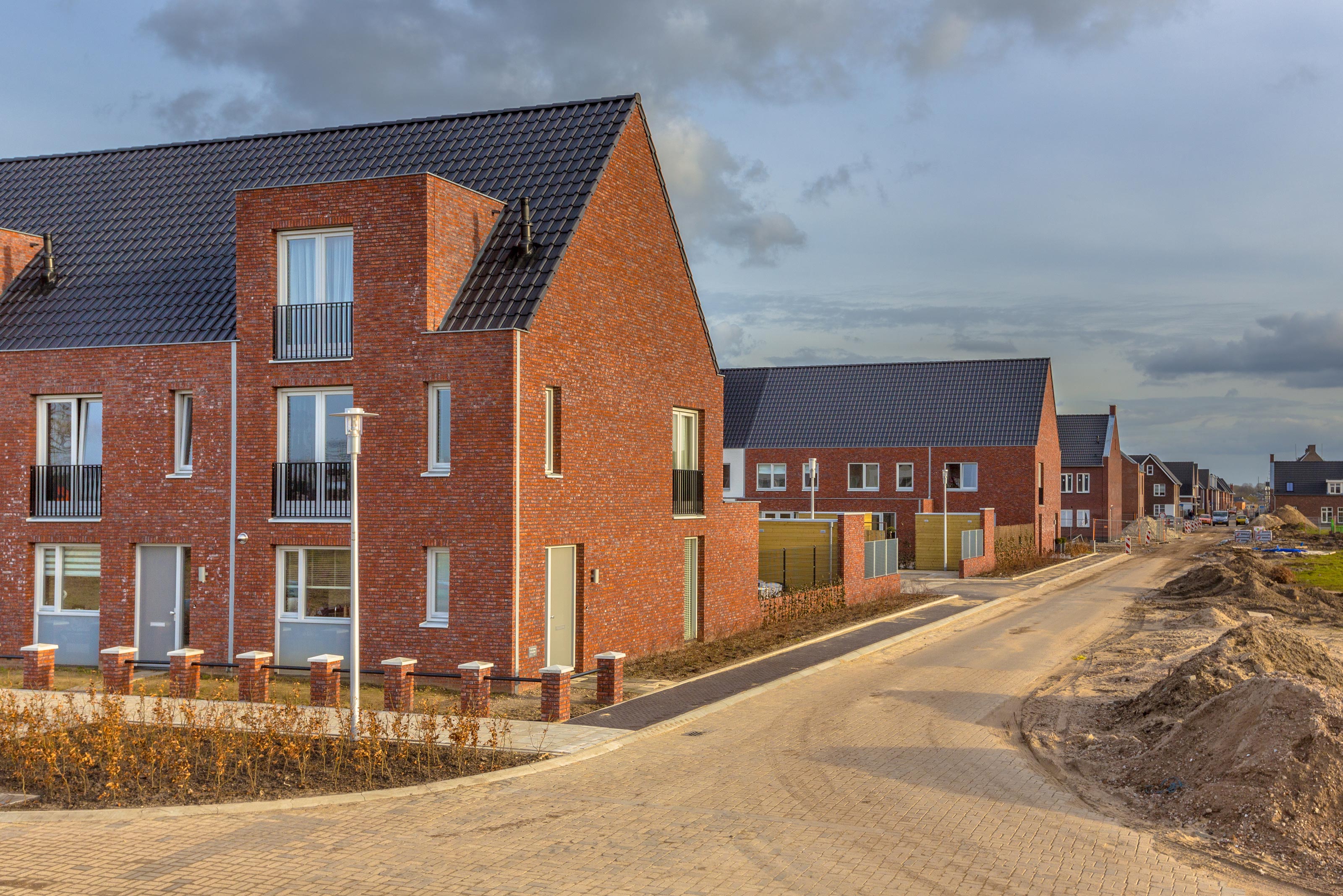Plans, Delays and Recoveries
Article written by:
Sian Griffiths
So now we await a return to normality that may never really arrive. Cummings’ trip up north may have heralded a relaxation of the government’s lockdown and a move towards us being more ‘alert’ – whatever that means.
However, being alert in the property development and planning sectors means we study and monitor and await the beginnings of new trends. Future consumer behaviour, as one of the key determinants of the market for new homes, together with of course the persistent pent-up demand for housing is difficult to predict. The economy, it is estimated by the ONS, contracted by 5.8% in March of this year. With a staggering 600,000 jobs being lost between March and May and an unemployment claimant count of 2.8m people, it is hard to see a way out of this mess and it is hard to be positive about the future.
However, I would posit that the long-term outlook for development planning in this country is recession-proof, insofar as it caters for household growth, population growth and migration that is predicted to happen. People don’t just stop having babies and forming new households just because there is an economic recession. In fact, the opposite is often true, particularly where there are cuts in interest rates.
We have already started to see Covid-19 affecting plan preparation. South Staffordshire Council, Central Bedfordshire, Elmbridge Borough, Horsham, Chichester, Chiltern and South Bucks, North Hertfordshire and Rutland are already delaying plan preparation as a result Covid-19. This list grows almost by the day. This will almost certainly leave some planning authorities without an up to date development plan and facing a lack of 5 year housing land supply.
I’m afraid I have little sympathy with this situation.
We have known for some time that our country is on its way to being 1 million homes adrift from where we should be. And it is this that will continue to push house prices up and out of the reach of so many of the population. So despite a recession being on the cards, we must continue to progress development plans; issuing planning permissions in a timely manner and delivering new homes.
Delays to plan preparation could be caused by redeploying staff within Councils, but it could also be because of concerns over how to engage the public going forward. Public consultation and participation in the planning process is of course important, but it can be done even in the current circumstances. The public can be reached and they can take part in development planning. We have been running postal consultations reaching thousands of people since the beginning of the year to tell people about development proposals and ask for their views.
It's all very well doing everything via websites, but those without internet access are still excluded by that process, so traditional forms of communication are, at present, a more inclusive way of reaching those we need to talk to.
Planners are good at adapting to change – I hope we all embrace these new ways of working as quickly as we can, or the consequences of delay will be catastrophic. Sadly, those with the most to lose from a poorly-functioning planning system will be the first to pay the price: the homeless, those in overcrowded, inadequate or poor quality housing, families who cannot afford homes with gardens, people with special needs, the elderly with support needs who cannot afford expensive sheltered housing and young people.
CDM 2015 for Clients: Key Legal Duties in Construction and Design Management
Health and Safety is something that is central to the way that we operate at RCA Regeneration, responsible design and development should be at the heart of every...
The Benefits of Public Consultation
As a developer you’ll want to have the best possible relationships with local authorities, landowners and local residents near to (and possibly even occupying) the site...
Key Issues to Consider in Viability
Preparing a strong viability case to support your planning application is not a straightforward process and requires the right type of support. If you are considering...
Can an Independent Planning and Development Consultant Confirm Your Judgement?
Let’s begin by assuming that you have identified one or a number of potential development sites, and that you’ve already undertaken due diligence research.
Within this...
Planning Fees are Increasing!
The Statutory Instrument with respect to an increase in planning fees was made on 20thDecember 2017 and comes into force on 17thJanuary 2018. Planning fees are to...
Max Your Chances of Planning Appeal Success: The Specifics of Written Representations
If you have had a planning application rejected, you may want to consider resubmitting if there is a genuine possibility of making changes to meet the requirements of...









Leave a Comment